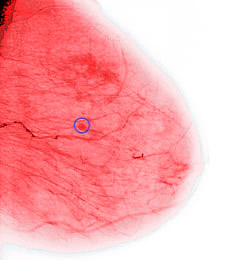Apr 26 2005
 New hope has been given to thousands of women living in dread of the return of an aggressive form of breast cancer.
New hope has been given to thousands of women living in dread of the return of an aggressive form of breast cancer.
Trials in the U.S. of the drug Herceptin suggest that when it is added to a standard chemotherapy regime it more than halves the chances of the disease recurring after surgery.
Herceptin is a monoclonal antibody bioengineered from part of a mouse antibody which is altered to closely resemble a human antibody. It binds to a protein called HER2 which is found on the surface of some normal cells and plays a role in regulating cell growth.
The results from two studies involving more than 3,300 patients were released by the U.S. National Cancer Institute this week and have been lauded as a major advance and one more example of a major turning point in the use of targeted therapies to eliminate suffering and death from cancer, says director, Andrew von Eschenbach.
According to the American Cancer Society approximately 1.6 million women have been diagnosed with breast cancer in the United States with 180,000 new cases diagnosed each year. When breast cancer tumours produce excess amounts of the HER2 protein the cancer may be more aggressive.
Eschenbach says the use of Herceptin, in addition to chemotherapy, post-surgery could save thousands of lives and feels it will soon be imperative to determine the HER2 status of all breast cancer patients at diagnosis to determine who could benefit from such treatment.